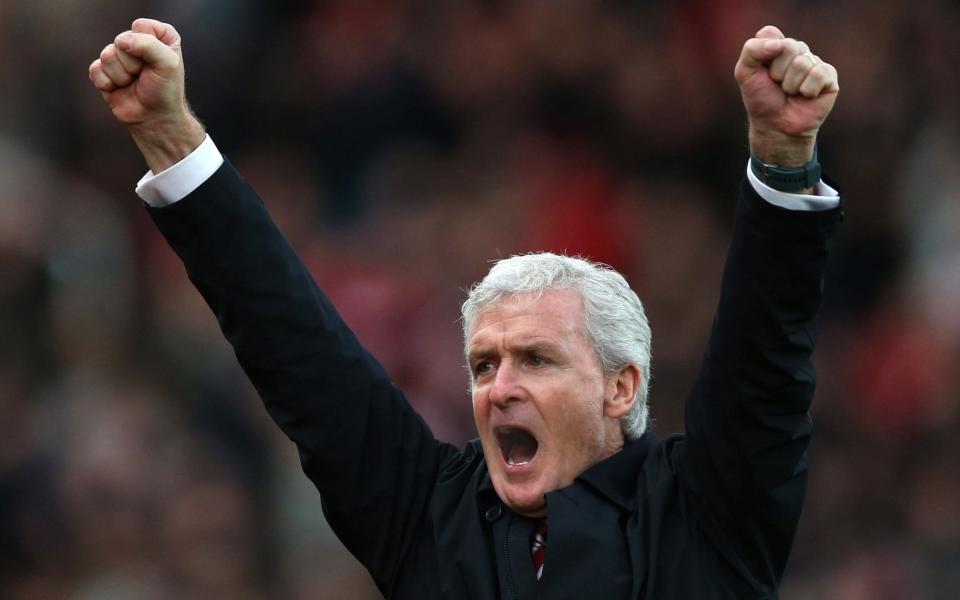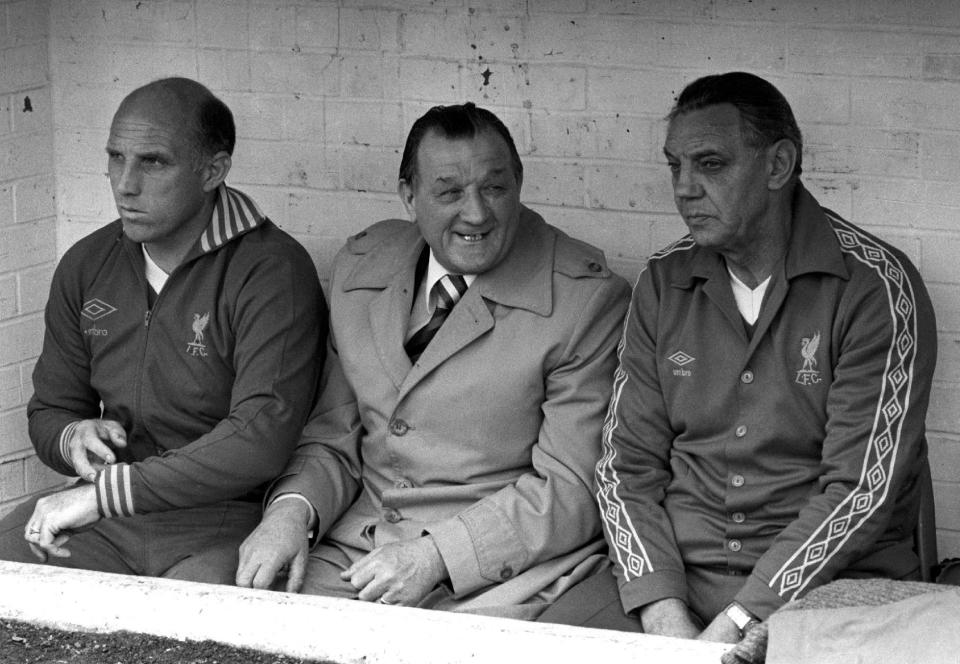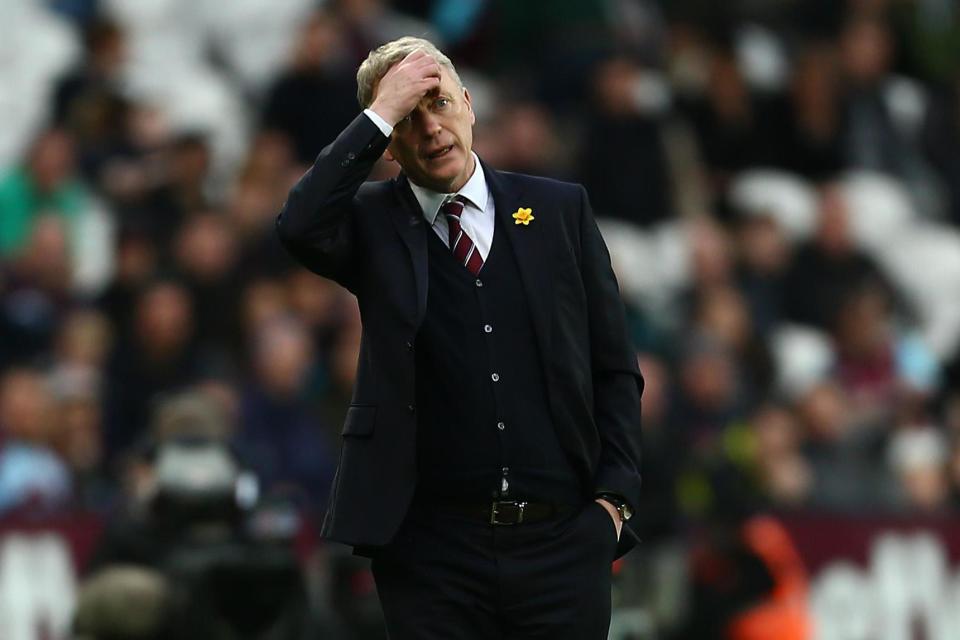Mark Hughes proves British bosses only good for firefighting not trophy hunts

The years haven’t been kind to British managers. Once the best minds and the heartbeat of the game are reduced to putting out fires, hired with just one purpose in mind.
Mark Hughes was a player you could hang your hat on. The king of the volley, his old school determination oozed crowd favourite. So passionate he once played for Wales and Bayern Munich on the same day.
Top end stuff from a top end player, but now it appears the only thing British manager are good for is life at the bottom.
READ MORE: Mourinho is a Champions League dinosaur and needs to adapt to save Man United job
READ MORE: How Southampton’s Pellegrino gamble backfired so drastically
READ MORE: Kane injury shines light on England’s lack of alternative striking options
Forgetting the rights and wrongs of Hughes’ appointment at Southampton, he is seen purely as the short term solution. It’s the foreign bosses hired for the long-term strategy, the Brits for the quick fix.
Cast your mind back. The year is 1984, and it’s looking a lot different. Joe Fagan has his hands on the league title, the European Cup and the Milk Cup, Liverpool’s delightful treble inspired by one man.
Keith Burkinshaw had just taken Tottenham Hotspur to UEFA Cup joy, while Everton’s Howard Kendall pipped good old Graham Taylor and Watford to FA Cup glory at Wembley.
Had Big Ron Atkinson not fallen just short in the Cup-Winners’ Cup as Manchester United were left heartbroken by Juventus, it would have been a clean sweep for the homegrown.

Now all they seem fit for is survival. Even the best of the current crop, Burnley boss Sean Dyche, isn’t a serious consideration for the high end clubs. With Arsenal and Chelsea already looking for new managers, they are scouring Europe and not deepest Lancashire.
The obstacles are obvious. The fashion is foreign, and there’s money to lure the best to the Premier League. Even in the Football League, the overseas option is more often than not seen as the best for the fluid football supposedly craved.
READ MORE: Gossip – PSG ‘pounce for Mourinho’, Man Utd ‘want Willian’, Arsenal ‘target Modric’
But save for Arsene Wenger, English football’s top ten longest serving managers are all British or Irish.
Though without trophies, the vicious cycle will continue.
The CVs of the British Premier League managers have precious little silverware to shout about. Hughes, since taking the Wales job in 1999, hasn’t got an honour to his name. Sam Allardyce, the Everton boss, has only taken West Ham back to the Premier League since success at Bolton in 2001.

David Moyes’ 2013 Community Shield was his only high point as Manchester United manager, a meagre return for such a highly-rated manager.
Alan Pardew’s 2005 play-off win with West Ham is the only glory moment aside from Southampton’s 2010 Football League trophy success (in the third tier), while Stoke’s Paul Lambert’s League One title win with Norwich nearly a decade ago was all he can throw forward.
Even aged 70, Roy Hodgson hasn’t won a thing in England. Dyche, Bournemouth’s Eddie Howe and Brighton’s Chris Hughton can point to glory outside of the Premier League only.
Though big question remains. How can our managers expect to add to their CVs if the Premier League’s bigger clubs always look abroad?
And lower league managers currently shining such as Wigan’s Paul Cook, Millwall’s Neil Harris, Shrewsbury’s Paul Hurst, Derby’s Gary Rowett, Sheffield United’s Chris Wilder, Brentford’s Dean Smith and Plymouth’s Derek Adams must wonder what they have to do to get noticed by one of the smaller ‘big fish’.

 Yahoo Sport
Yahoo Sport 






































